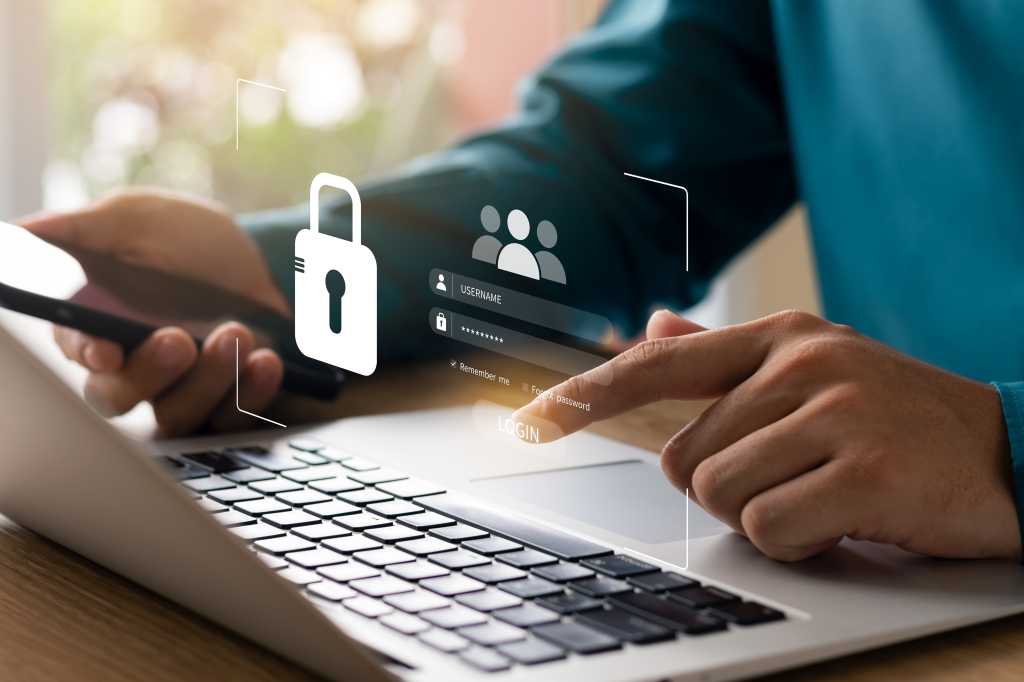Cybersecurity is a business-critical priority. Upgrading to smarter, safer machines can go a long way toward keeping your operations secure against threats.

Cybersecurity isn’t just a tech issue anymore—it’s a business-critical priority. And for small- and mid-sized businesses (SMBs), the risks are rising while resources stay lean. With Windows 10 support ending on 14 October 2025, outdated devices will soon become vulnerable to ransomware, phishing, and compliance headaches.
But this isn’t just a warning; it’s a chance to upgrade to smarter, safer machines that protect your business by default. Windows 11 Pro PCs, and for high-risk roles, Copilot+ PCs, offer built-in security that works harder than your old antivirus ever could.
The risk you don’t want to manage manually
Cybercriminals are increasingly targeting SMBs. According to Microsoft’s 2024 survey, 75% of SMBs say a ransomware attack could halt operations entirely. And without regular updates or hardware-backed safeguards, older PCs become easy targets. Software alone can’t keep up.
What are the upsides you will feel when you upgrade, especially with a lean IT team?
- Fewer security fire drills: Businesses that upgraded to Windows 11 with Intel vPro® and Core™ Ultra devices report a ~62% drop in security incidents compared to Windows 10 fleets.
- Protection that starts at the chip: Intel Hardware Shield reduces attack surfaces by up to 70%, helping to block threats before they reach your OS.
- Identity security by default: Windows Hello, BitLocker, and Microsoft Pluton protect credentials and sensitive data out of the box, resulting in 2.8x fewer instances of identity theft
- AI-powered threat detection: Copilot+ PCs with Intel Core™ Ultra inside use on-device AI to spot anomalies faster, no cloud roundtrips required.
“We’re secure enough” objections, addressed
Your IT team may push back, saying, “We already have antivirus”. But modern threats bypass software-only defences. Hardware-backed security adds a critical layer that legacy PCs lack.
If they believe “we’re not a target”, the reality says otherwise: SMBs are increasingly targeted because attackers know they’re under-protected compared to enterprise organizations. Adequate security isn’t optional; it’s essential.
While it’s convenient to think “we can upgrade later”, do note that security incidents consistently spike after support ends. Upgrading now means fewer help desk tickets, faster incident recovery, and lower breach risk.
Your quick security checklist
Not sure where to start? We’ve put together a checklist to help you. Always remember that it is important to keep it simple.
- CPU: Latest Intel® Core™ with vPro® and Core™ Ultra.
- Security: TPM 2.0, Windows Hello, BitLocker, Microsoft Pluton.
- Protection: Secured-core PC, Intel® Hardware Shield.
- Manageability: Mobile Device Management (MDM) and Intel® Active Management Technology (AMT) for secure remote PC management
Need to get your CFO on board? Lead with these points:
- Fewer incidents = fewer costs. SMBs report lower IT overhead and faster resolution times after upgrading.
- Security that’s built in saves on add-ons. No need to layer extra tools when your device does the work.
Bottom line
The Windows 10 clock is ticking, but this isn’t just about avoiding risk—it’s about building resilience. Move to Windows 11 Pro with Intel vPro® devices (and Copilot+ PCs with Intel Core™ Ultra where it counts) and you’ll get stronger protection, fewer incidents, and security that works without extra effort.
The smartest SMBs won’t wait for trouble—they’ll upgrade before it hits.



